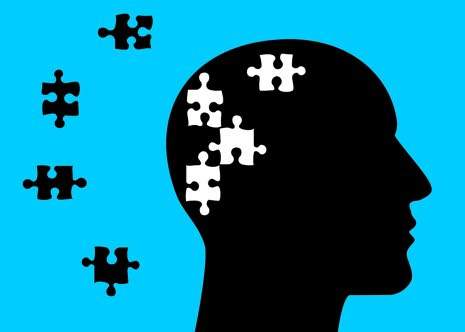Learn about brain health and nootropics to boost brain function
The coming dementia: We better ‘tek sleep mark death’


In a new and alarming report, the United Nation's World Health Organisation (WHO) has warned that the number of people living with dementia is expected to explode from approximately 50 million today to 152 million by 2050.
During that same period, the number of Jamaicans over 60 years of age – the fastest growing segment of the population – is projected to double, according to the Green Paper for the National Policy for Senior Citizens (2018).
Dementia is caused by a variety of brain illnesses that affect memory, thinking, behaviour and the ability to perform everyday activities. Around five to eight per cent of the world's people over the age of 60 are afflicted with Alzheimer's disease and other forms of dementia, WHO said.
Not unusually, young people frequently pay little to no attention to what will happen to them in old age, and so make little to no provisions for the time when their health and productive years may disappear.
It might be useful to remind those in the full bloom of youth of the anonymous quote: “He spent his health to gain his wealth; he spent his wealth to regain his health.”
The pain of dementia cannot be exaggerated. Those who have watched previously robust and highly productive parents dwindle before their very eyes, to the point of complete non-recognition of members of their families, know too well this trauma.
Besides the emotional toll, the disease inflicts a heavy economic burden on societies as a whole, with the cost of caring for people with dementia expected to rise from an estimated US$818 billion in 2015 to US$2 trillion by 2030, the WHO report said.
Where Jamaica is concerned, the writing is already on the wall.
In 2015, the population of people 60 years and older was 341,200 persons, or 12.6 per cent of the overall population. While the percentage increase in the total population between 2001 and 2011 was 3.5 per cent, the elderly grew by approximately 15.3 per cent over that period.
Some 31.8 per cent of households today have at least one member who is 60 years or older. Of all households, 69.1 per cent had a head who was 60 years or older, according to the Planning Institute of Jamaica (PIOJ).
PIOJ found that among disabled Jamaicans, 17.5 per cent suffered from mental retardation.
For its part, WHO said that in the next 30 years, the number of people with dementia is expected to triple, with the largest increase coming in low and middle-income countries where overall population growth is the highest.
Many health-care systems will face significant challenges, said WHO Director-General Tedros Adhanom Ghebreyesus, urging countries to “do everything we can to reduce our risk of dementia”.
The UN agency stressed that while age was the strongest known risk factor for cognitive decline, medical conditions like hypertension, diabetes, high cholesterol, obesity and depression are also associated with increased risk of developing dementia.
But dementia was not a natural or inevitable consequence of ageing, it added, noting that new recommendations could provide the key to delaying or slowing cognitive decline or dementia, if persons adopted a balanced diet, quit smoking, avoid drinking too much alcohol and watch their weight.
In other words, we better 'tek sleep mark death'.
Sponsored
Click here to view full article